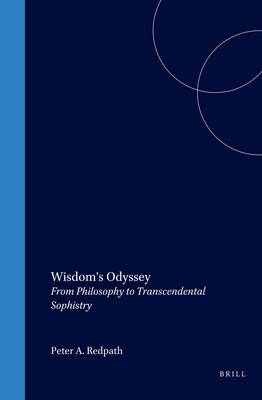
- Afhalen na 1 uur in een winkel met voorraad
- Gratis thuislevering in België vanaf € 30
- Ruim aanbod met 7 miljoen producten
- Afhalen na 1 uur in een winkel met voorraad
- Gratis thuislevering in België vanaf € 30
- Ruim aanbod met 7 miljoen producten
Zoeken
Omschrijving
This book establishes that the ancient Greeks had a prevailing method of doing philosophy which was rooted in philosophical realism. Through extensive historical and philosophical analysis, it demonstrates that this method was challenged in ancient times by an apocryphal notion of philosophy which eventually became confused with philosophical reasoning, and was passed on to posterity through the work of Christian theologians until it was called into question by leading thinkers of the thirteenth century. It shows how this thirteenth-century challenge influenced the growth of the Renaissance humanist movement and how this movement, in turn, passed on to modernity the same apocryphal notion of philosophy as a rhetorical theology of allegorical prefiguration.
Specificaties
Betrokkenen
- Auteur(s):
- Uitgeverij:
Inhoud
- Aantal bladzijden:
- 288
- Taal:
- Engels
- Reeks:
- Reeksnummer:
- nr. 46
Eigenschappen
- Productcode (EAN):
- 9789042002050
- Verschijningsdatum:
- 1/01/1997
- Uitvoering:
- Hardcover
- Formaat:
- Genaaid
- Afmetingen:
- 155 mm x 230 mm
- Gewicht:
- 603 g

Alleen bij Standaard Boekhandel
+ 387 punten op je klantenkaart van Standaard Boekhandel
Beoordelingen
We publiceren alleen reviews die voldoen aan de voorwaarden voor reviews. Bekijk onze voorwaarden voor reviews.











